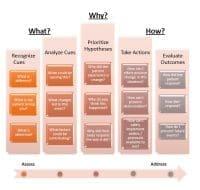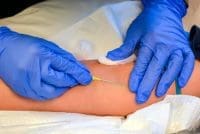Ever since the U.S. Food and Drug Administration granted emergency use authorization to the Pfizer-BioNTech and Moderna COVID-19 vaccines last month, the Institute for Safe Medication Practices (ISMP) has received reports of various vaccination errors or hazards through its numerous reporting systems.
For the first time, ISMP has highlighted a few such errors in a report, combining the release with recommendations to help prevent future errors.
Dilution Errors
Four separate dilution errors occurred with the Pfizer-BioNTech COVID-19 vaccine, which was granted emergency use authorization for immunization to prevent COVID-19 in individuals 16 years and older. When a dilution error occurs, the result is the administration of too much or too little vaccine.
In one such case, a 60-year-old patient received approximately twice the recommended amount of vaccine overdose during his first dose. The patient had no initial reaction to the overdose and was discharged after, with follow-up calls planned for the next 48 hours. But when clinic staff called a Pfizer representative to determine if the patient’s second vaccine dose should be altered, no immediate guidance was offered.
At one West Virginia clinic, instead of receiving the Moderna COVID-19 vaccine, some 44 adults received injections of casirivimab, a new Regeneron monoclonal antibody also recently approved for emergency use authorization in the United States. Casirivimab treats adults and children (12 years or older weighing at least 40 kg) with mild to moderate COVID-19. Fortunately, no serious complications were reported, and the affected patients received the vaccine as soon as possible.
Read more: https://ismp.org/resources/learning-errors-new-covid-19-vaccines
SOURCE: ISMP


















